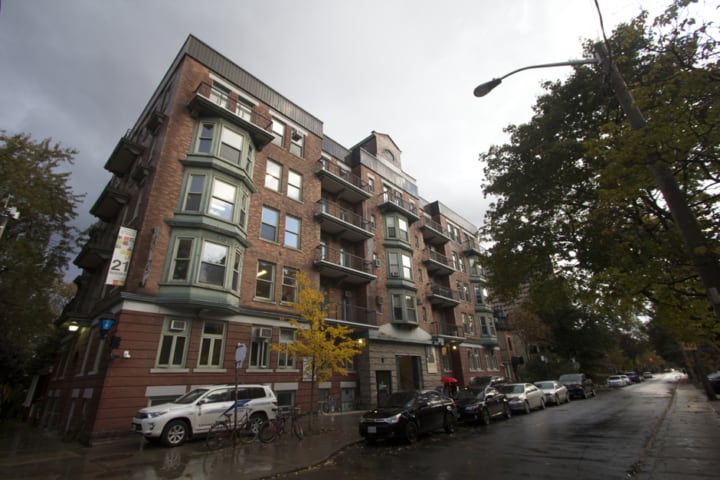Deffered maintenance at key University of Toronto buildings is overwhelming. The university’s total cost of deferred maintenance has soared to $505 million as many key student facilities, including the Sussex Clubhouse, go unmaintained.
The Sussex Clubhouse, which houses over 50 student societies, as well as a number of communal spaces, is one such space in dire need of repair.
In February, The Varsity reported that the average Facilities Condition Index (FCI) at U of T averages 14.1 per cent. The FCI is a measure of a building’s condition and is determined by a third-party audit of the deficiencies of the property.
An FCI of 10 per cent indicates a building or property portfolio in poor condition. The 15.1 per cent FCI of the St. George campus has not increased since the 2012 report, but is higher than the average at other U of T campuses.
According to Ron Swail, assistant vice-president of facilities and services, the Clubhouse has not been audited since 2005–2006. At that time, the Clubhouse’s FCI stood at 13.7 per cent.
A re-audit of the state of the Sussex Clubhouse building will take place in November.
Although UTM and UTSC have both seen a decrease in their liability, the total deferred maintenance at the St. George campus has increased to $435 million. Swail attributed the increase to the re-auditing of several buildings at the St. George campus.
Swail said that the deferred maintenance on buildings has continued to grow across the entire Ontario post-secondary education sector, sitting at approximately $2 billion.
“The U of T liability continues to grow because we do not have the necessary resources to rectify the issue across all buildings. Over the past the past 11 years, however, the university has made significant progress in addressing deferred maintenance by consistently increasing funding allocated to this issue,” Swail said.
Since 2005, provincial funding for deferred maintenance budgets has decreased at the same time as U of T funding for deferred maintenance has dramatically increased.
The Ontario Liberal Party’s recent budget pledged $500 million over 10 years towards deferred maintenance on university campuses.
Andrea Watson, volunteer/finance coordinator at the Sexual Education Centre (SEC), said that, although the SEC has had to deal with certain accessibility problems, they have only had minor maintenance issues.
Watson said that accessibility issues sometimes hinder service-users from accessing the SEC office. “It is incredibly frustrating when people with disabilities are not able to access our office,” Watson said.
Watson added that the building’s elevator has often caused accessibility issues, going out of commission for weeks at a time. “On the best of days, the elevator is genuinely unsettling to use — it is very small, slow to respond, shaky, and often stops at incorrect floors. Despite a renewed commitment to accessibility in the past few years, our elevator problems severely hinder SEC’s accessibility to service users and volunteers with a wide range of disabilities,” said Watson.
Swail said that the elevator is very old, but is on the list for a full retrofit within the next one to three years. “During the past summer, this unit was breaking down on a frequent basis and we determined the generator needed replacing. Once the new generator was installed, this elevator has run relatively problem-free,” Swail said.
“While we are prepared to undertake a full modernization of this unit, doing so will result in the elevator being out of service for several months. Given the full occupancy of the building, we feel that retrofitting the elevator building next year will cause significant inconvenience to the occupants,” Swail added.
Swail said that the university is inclined to wait to retrofit the unit until some of the student groups move out in the coming years, so that the inconvenience of the retrofit affects fewer people.


